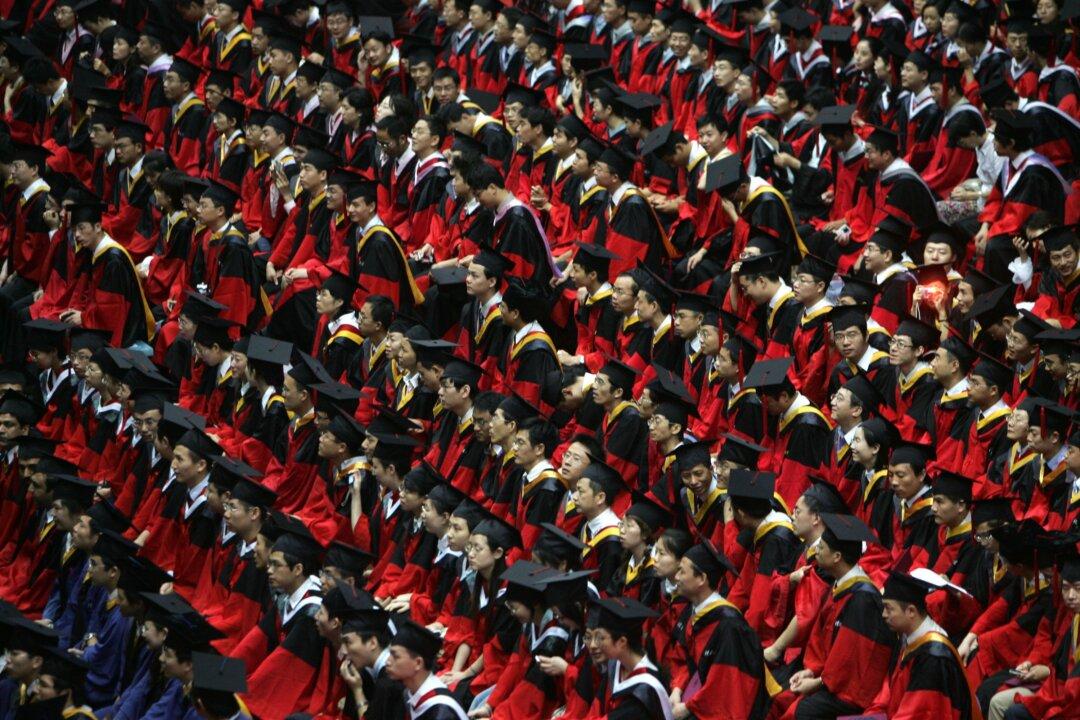At one of China’s most prestigious universities, doing well on a senior year thesis or final dissertation won’t be enough to graduate with flying colors.
A document from administrators at Tsinghua University in Beijing—ranked 30th on the world university listing by Times Higher Education—was recently leaked online.





